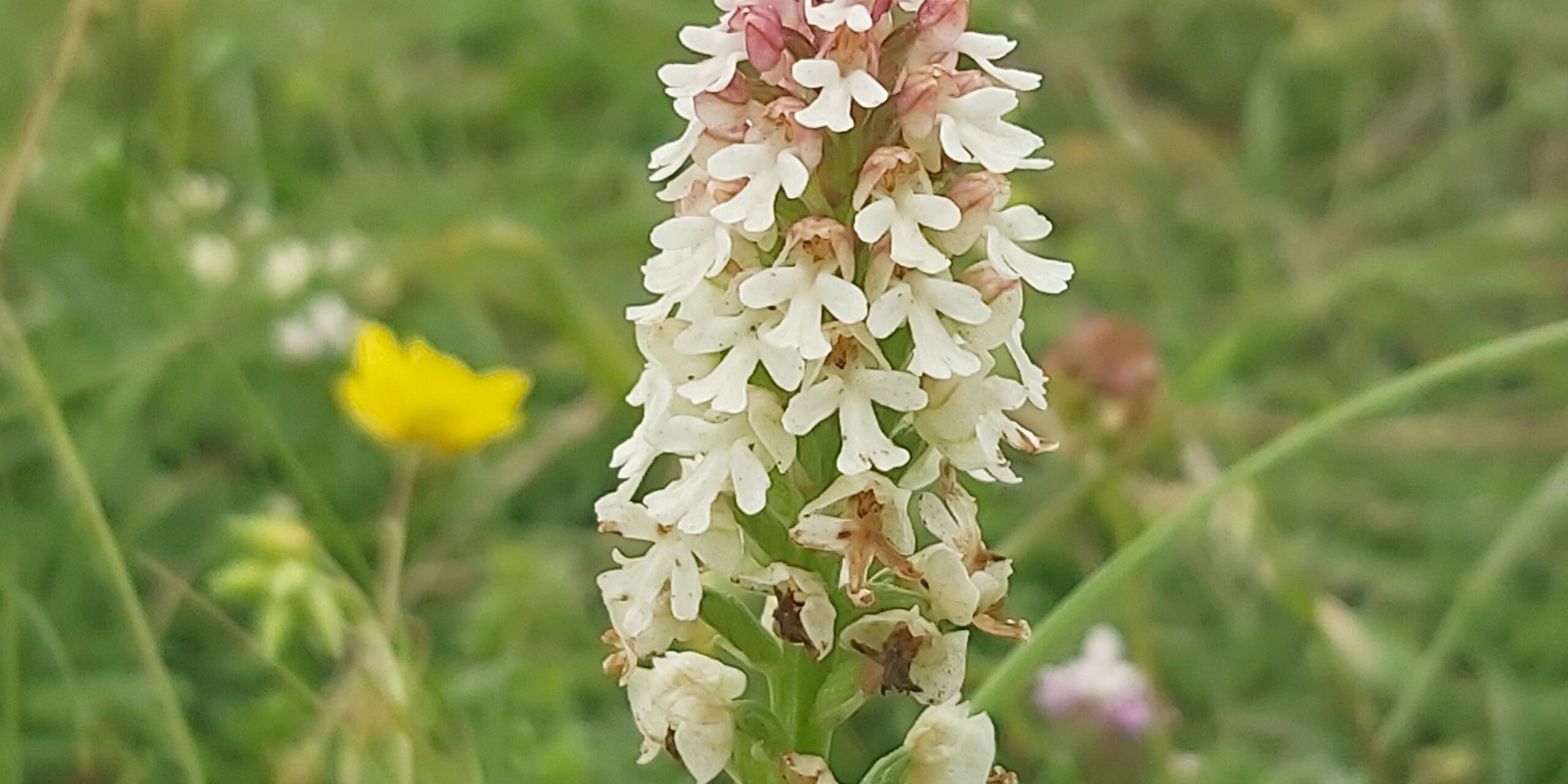There are several types of ecology survey available, but for the most part when you are asked for an ecology survey by a planner or their ecologist, they mean an initial assessment.
There are all sorts of other ecology surveys that don’t relate to planning, but these are more focused on important sites or gathering data to gain a better understanding of a certain species.
Over the years this has been known by many a different name and to this day most can be used by the planning officer, these include an ecology survey, biodiversity survey, phase 1 survey, extended phase 1 habitat survey, preliminary assessment, preliminary ecological assessment, ecological impact assessment and ecological appraisal.
Who requests an ecology survey?
Normally this comes from your planning officer at the LPA or via their ecologist, although sometimes the developer gets ahead of the game and requests the ecology survey early on in order to understand any possible ecological issues on a site.
As of the 12th February and when Biodiversity Net Gain (BNG) becomes mandatory, see here, it will become necessary for most sites to have an Ecology Survey.
Why is an Ecology Survey needed?
Ecology surveys are a statutory requirement, and the local planning authority has a duty to ensure that wildlife and in particular protected species are a material consideration in any planning application. As of the 12th February 2024 there will also be a mandatory requirement for a biodiversity net gain see here, which means that Ecology Survey will become more important in the planning system going forward.
There is a raft of legislation that currently covers protected species in the planning process, and this includes Conservation of Habitats and Species Regulations 2017 (as amended), Birds Directive 2017 (as amended), Protection of Badgers Act 1992 (as amended) and the Wildlife and Countryside Act 1981 (as amended), along with all of the statutory instruments such as the Countryside and Rights of Way Act (2000).
All of these instruments mean that wildlife and habitats are a material consideration in the planning process.
What’s included in a baseline Ecology Survey?
Firstly, biological records data is obtained form the local records centre, this consists of background information, usually from a standard 1 to 2km around the site. This provides an idea of the possible protected species that could be present in the area, any protected statutory or non-statutory sites and important wildlife features.
This is followed by a site visit to establish the baseline for the habitats on site and search for any protected species. More recently condition assessments are also being undertaken during the baseline ecology survey to feed into the BNG metric.
Normally an Ecology Survey will also include a report, that details the findings of the survey, impact assessment and recommendations.
The report will often provide additional enhancements as part of the recommendations which may include features such as bat boxes, bird boxes, hedgehog highways and insect boxes, all of which are no covered under a BNG assessment.
What do Ecology Surveys Cost?
Baseline surveys start from £649 +VAT but this will depend on site, location and other requirements such as BNG.
Of course this doesn’t take account of any follow up surveys or reports that may come up from the baseline e.g. bats surveys, reptile surveys or great crested newt survey.
How long do reports last?
So, reports tend to vary in how long they last, for instance guidelines say between 12months and 18months for survey effort, however bat surveys tend to last for the current season e.g. May to May for licensing purposes.
Essentially its best to utilize the reports as soon as you can, but if it runs much past a year they can always be toped up.
What’s needed for planning?
Generally speaking, all ecology reports are required ‘upfront’ meaning that should the baseline report find an ecological issue that requires further survey e.g. bats, newts, badger etc. then these need to be undertaken and the report completed before planning is applied for.
Got questions? Need help with ecology for your planning application contact here.







